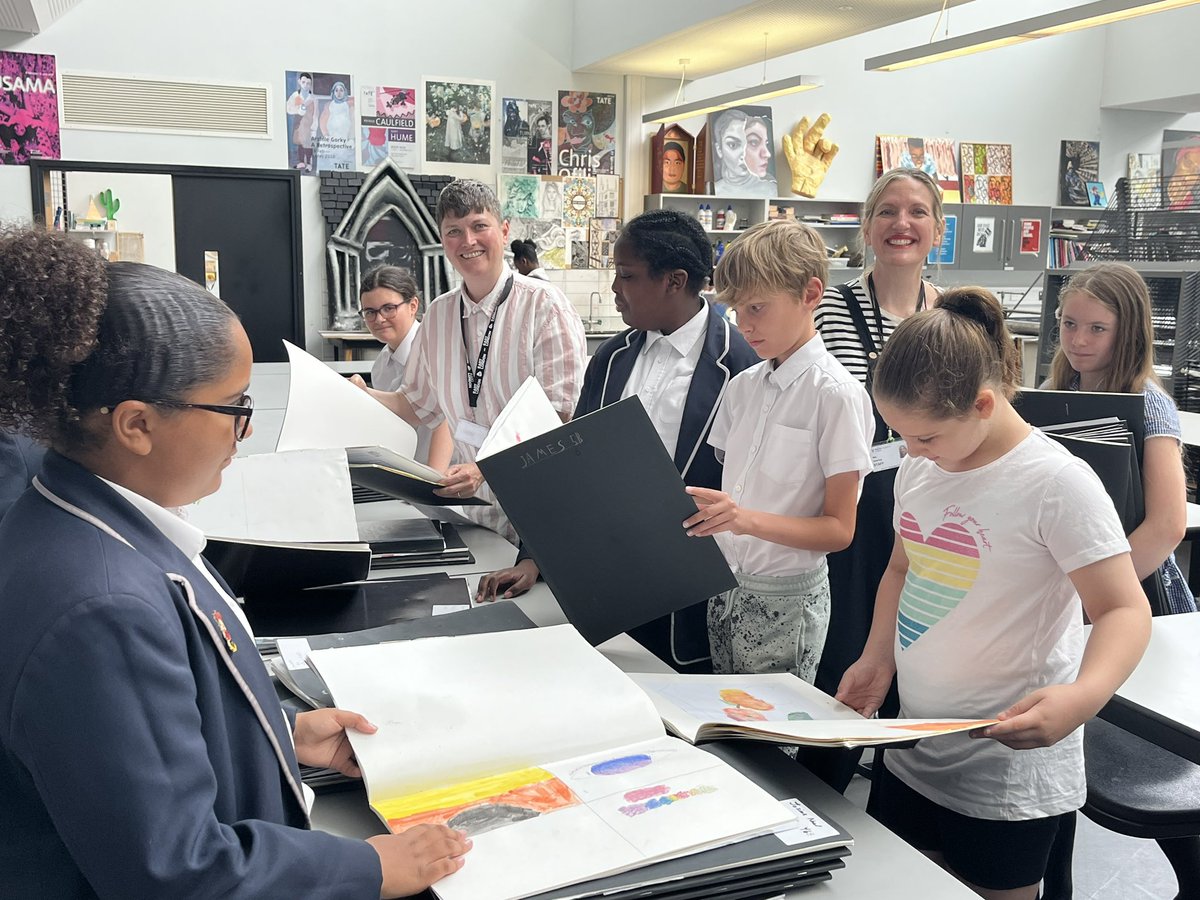Film Studies
Film Studies
A Level Film Studies (Eduqas)
Aims and Objectives:
Film is the most important cultural innovation of the 20th century and a most influential major art form of the last hundred years.
Film students characteristically bring with them a high degree of enthusiasm and excitement for what is a powerful and culturally significant medium, inspiring a range of responses from the emotional to the reflective. Film Studies offers the opportunity to investigate how film works both as a medium of representation and as an aesthetic medium.
The A level aims to introduce learners to a wide variety of films in order to broaden their knowledge and understanding of film and the range of responses films can generate. The Eduqas A Level specification therefore offers opportunities to study mainstream American films from the past and the present as well as a range of recent and contemporary British films, American independent films and global films, both non-English language and English language. The historical range of film represented in those films is extended by the study of silent film and significant film movements so that learners can gain a sense of the development of film from its early years to its still emerging digital future. Studies in documentary, experimental and short films aim to add to the breadth of the rich experience.
Production work is a crucial part of this specification and is integral to the aims of A level Film Studies. Studying a diverse range of films from several different contexts aims to give students the opportunity to apply their knowledge and understanding of how films are constructed to their own filmmaking and screenwriting. This is intended to enable students to create high quality film and screenplay work as well as provide an informed filmmaker's perspective on their own study of film.
A Level Film Studies aims to reflect the diversity of film culture through both filmmakers and the films they make. The wide choice of films offered includes films by women and people of the global majority, and films which represent particular ethnic and cultural experiences. Over sixty films are offered from which eleven feature-length films are carefully chosen. In addition, a compilation of short films will be studied.
In summary A Level Film Studies aims to enable learners to demonstrate knowledge and understanding of:
• a diverse range of film, including documentary, film from the silent era, experimental film and short film
• the significance of film and film practice in national, global and historical contexts
• film and its key contexts (including social, cultural, political, historical and technological contexts)
• how films generate meanings and responses
• film as an aesthetic medium
• the different ways in which spectators respond to film
Content and Assessment
Component 1: Varieties of Film and Filmmaking |
|
|
Externally assessed written examination: 2 hours and 30 minutes |
35% of the total qualification |
Overview of content and assessment
|
|
|
|
|
Component 2: Global Filmmaking Perspectives |
|
|
Externally assessed written examination: 2 hours and 30 minutes |
35% of the total qualification |
Overview of content and assessment
|
|
|
|
|
Component 3: Production (NEA) |
|
|
Internally assessed, externally moderated |
30% of the total qualification |
Overview of content
|
|
Assessment Objectives |
|
Students Must:AO1: |
|
|
|
|












